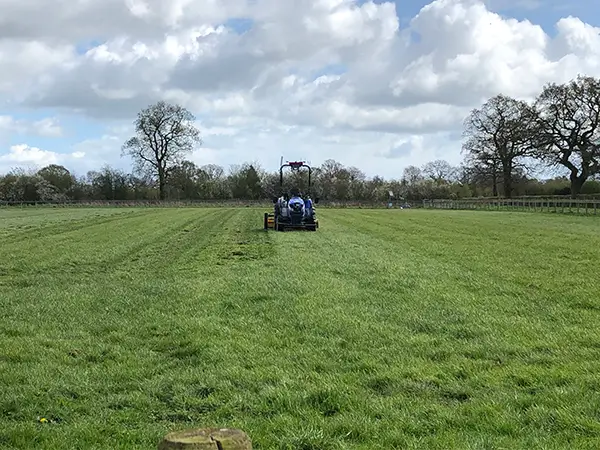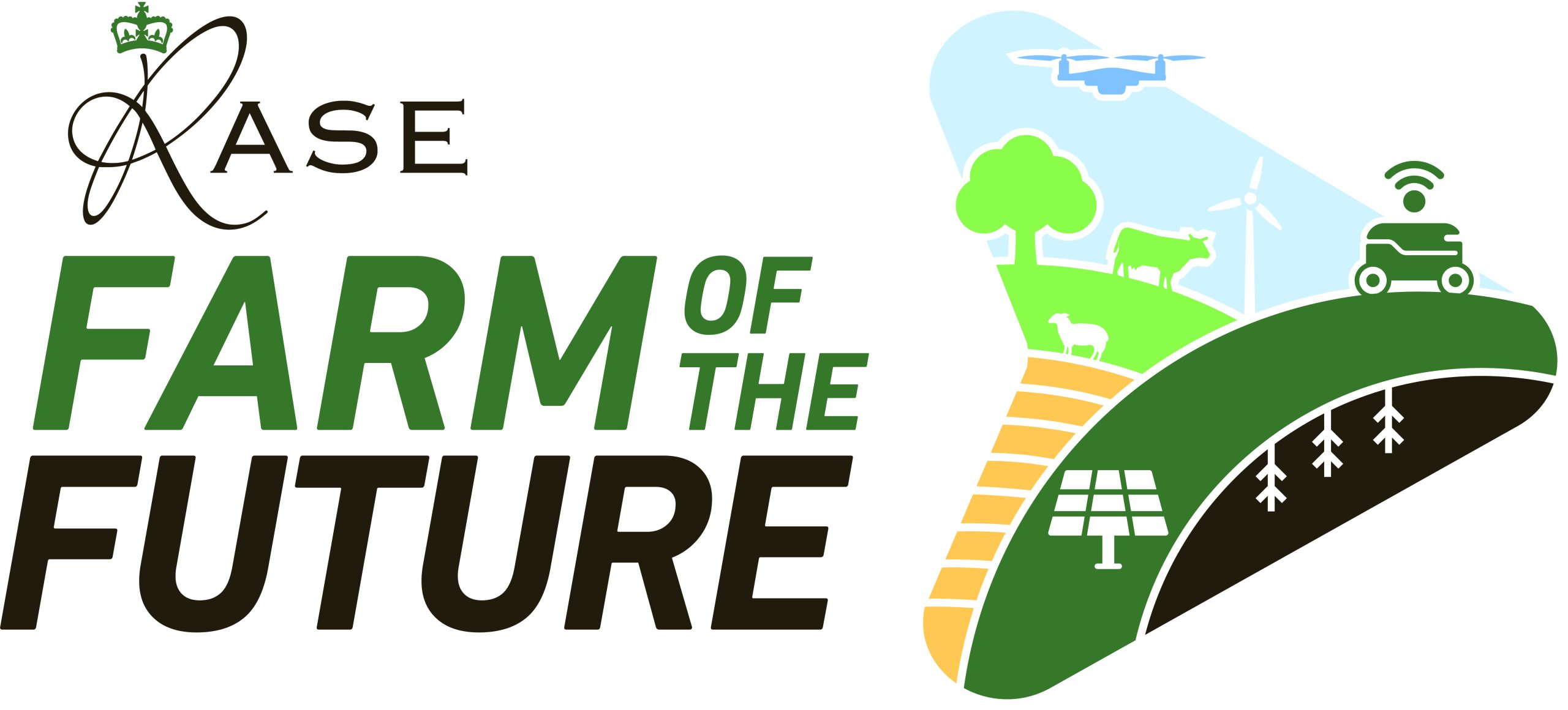Following the UK’s departure from the European Union, and ‘new’ levels of independence in terms of regulations, standards, funding and markets, the links and partnerships between farmers, processors, retailers and consumers take on a greater importance. UK farmers have a good story to tell – highlighted by the NFU in its report Levelling up Rural Britain. Other success stories have been published from organisations such as Countryside Online and Farming UK.
The vital contribution of farms and food producers to the rural economy is acknowledged widely – and has been supported over the years through the Rural Development Programme of England (RDPE), and previous grant schemes like the Transforming Food Production Challenge and the Rural Community Energy Fund (RCEF). These schemes encouraged cooperation between farmers and rural communities – both key stakeholder groups in the economy and environment in which they live and work.
Farming is a ‘long game’ – it needs long term strategic planning and cannot operate through short term legislation. The potential benefits and consequences of replacing the Basic Payment Scheme (BPS) with the Environmental Land Management (ELM) scheme (in England) and its equivalents in the devolved regions of the UK are detailed later in this report. It is critical that policy makers fully understand the challenges of transition to a low carbon farming future.
Supply chain networks – whether these be for food, energy or other land-based products – remain vital to ensure that the right outputs are produced from the available land, meeting legislative and consumer requirements while protecting the environment and natural resources.
Minimisation of waste – in terms of crops, water and energy – will be encouraged by the widespread introduction of farm-scale technologies and circular operational systems. An example is the potential for biowaste-to-energy on farms and in food processing units which use anaerobic digestion (AD) to extract energy for renewable power (biogas) and transport fuels (biomethane) from livestock manures, crop residues and food waste.

Collaboration between producers, processors, transport operators and food outlets and the provision of a workable legislative framework that facilitates transfer of resources between stakeholders is essential to achieve targets of zero waste and consequentially make a significant contribution to greenhouse gas emissions reduction.
Since the demise of experimental husbandry farms (EHF) and publicly funded advisory services, farmers are in need of technical and business evidence to support them through transition and help make husbandry and investment decisions. University and research organisations will make an important contribution to farm transformation – through applied research programmes, technology demonstrators and field trials.
The Farm of the Future project shares examples of farms putting innovative technologies and practices into action, enabling farmers participating in the project activities to garner ideas for their own businesses.
Another excellent example is the ‘Hands Free Hectare Farm (HFHa)’ operated by Harper Adams University, now expanded to a 35-ha field trial, aimed at demonstrating the future of autonomous farming vehicle technology.
Increasingly, farmers are meeting together to identify to exchange information, to take a close look at good on-farm practice, and ‘kick the tyres’ in terms of technology innovation. The success of the annual Groundswell regenerative agriculture show – a pioneering initiative by the Cherry family on their farm in Hertfordshire – is testament to the interest farmers have in new methods of sustainable production while maintaining and improving the natural resource base of farms.
The farming equipment technology fund (FETF) launched in spring 2025 will provide grants between £1,000 and £25,000 to farmers in England. Grants will be available for new or ex display items that boost productivity, improve slurry management or enhance animal health and welfare on farm. The grant does not cover the full cost of the item but will equate to 40% or 50% of the value of the purchase.
The farming equipment technology fund (FETF) launched in spring 2025 will provide grants between £1,000 and £25,000 to farmers in England. Grants will be available for new or ex display items that boost productivity, improve slurry management or enhance animal health and welfare on farm. The grant does not cover the full cost of the item but will equate to 40% or 50% of the value of the purchase.
